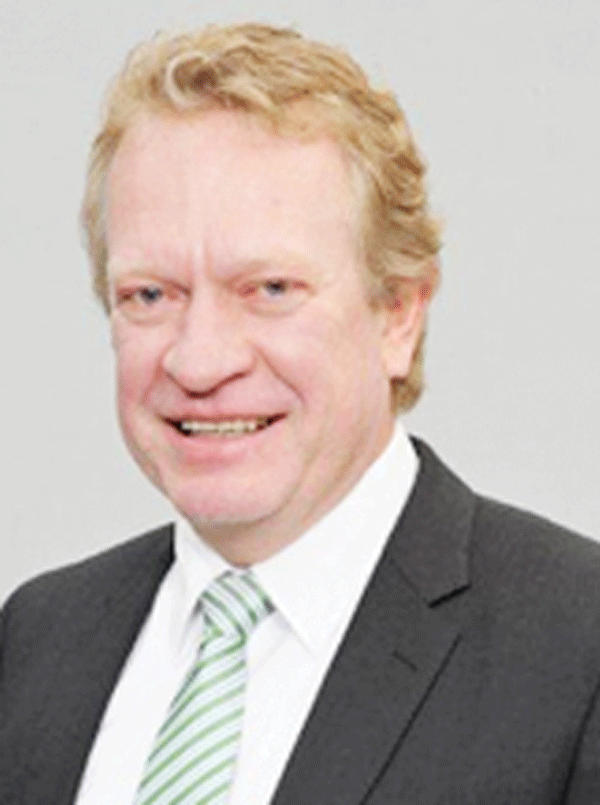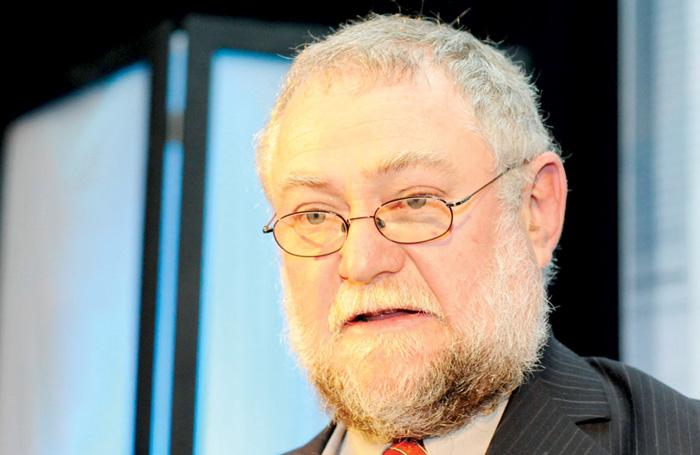
Houses by the thousands
A massive housing development programme, which will see a major facelift of the country’s informal settlements, is in its final stages of preparation.
The housing development programme, understood to be a public/private partnership between the government and institutional investors, including the country’s biggest pension fund, the Government Institutions Pension Fund (GIPF), will see government involved in the servicing of municipal land, and the construction of low-cost housing in the country’s informal settlements.
A source familiar with the project told the Economist that the programme will likely be modelled along the lines of housing development projects in countries such as Mexico, Malaysia, Venezuela and South Africa where mass housing development programmes are being implemented underpinned by a strong partnership approach between the public and the private sector.
The source said the programme will be implemented on an integrated development approach since it requires massive investment. “Integrated in the sense that it will entail a number of programme sub-components dealing with such issues as the servicing of land. It will also deal with the upgrading of informal settlements that we have scattered all over the country so as to improve the lives of the people living there.”
During her budget speech in February, the Minister of Finance, Hon. Saara Kuungogelwa-Amadhila alluded to this programme when she said that N$1.9 billion has been allocated to the Ministry of Regional, Local Government, Housing and Rural Development for the 2013/14 financial year alone to cater for , among others, the servicing of land and improved sanitary standards in urban, peri-urban and rural areas.
She indicated that a total amount of N$5.8 billion will be allocated over the Medium Term Expenditure Framework reflecting the urgency for, and consistent action to arrest the lack of infrastructure development. She said the first objective of the budget is growing the economy through strategic infrastructure development, improving its competitiveness and creating jobs.
The minister added that the provision of housing and basic sanitary amenities is an important priority to improve the living standards and quality of life for the people. “It is on this premise that His Excellency President Hifikepunye Pohamba constituted a national Task Force on housing to propose a long-term model for addressing this national problem, focusing on core factors of land acquisition, servicing, property development and financing solutions,” the minister said.
The source said the programme is expected to be launched in the course of this year. The technical committee set up to spearhead the programme comprises officials from the Bank of Namibia, the Ministry of Finance, the Ministry of Lands and Resettlement, the Office of the Attorney General, the City of Windhoek and the Shack Dwellers Federation.
The committee has already produced a second draft blue print which is currently under consideration by a special committee of ministers established by the president to oversee the implementation of this mass housing development.
In addition to the annual budget allocations, the programme will also be funded through funds from pension funds and other institutional investors as well as funds from community savings schemes which are already in place although on a smaller scale under the Federation of Shack Dwellers in Namibia.
“You can see the emphasis is on the involvement of all key stakeholders, particularly local communities, to enhance the sustainability of the programme because when people are directly involved they will take responsibility and ownership of whatever is happening to the programme,” he said.
A special task force team is expected to embark on a familiarisation tour of the countries where mass housing development programmes are being carried out before finalising the blue print for the local housing programme.














































